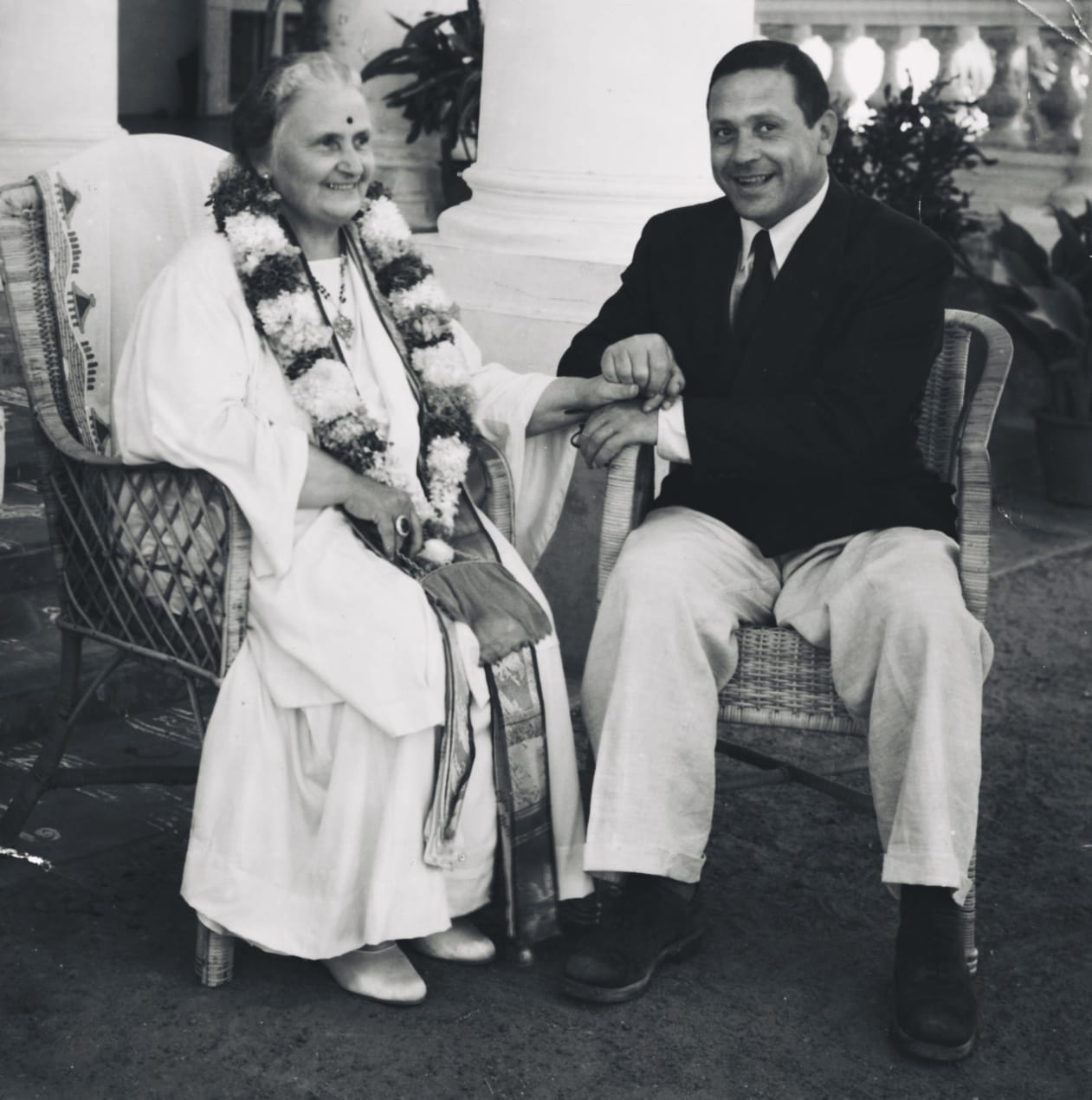There is a widespread belief that the founder of the pedagogical system of the same name was too busy helping other people's children, so she handed over her own child to an orphanage. We decided to check if this is actually true.
About what famous teacher gave it away his child to the orphanage to dedicate yourself to other people's children, write in many critical articles and comments about the Montessori method. Claims range from neutral (“she gave her children to an orphanage in order to be freer to serve other people’s children”) before condemning (“I gave my child to an orphanage so that he wouldn’t flash her eyes”). Such fact about Maria Montessori Also included in selection about people who didn't follow their own principles: “Dale Carnegie died completely alone, his own sons wanted to send Benjamin Spock to a nursing home, M. Montessori gave her son to a foster family, feeling that her purpose on this earth was to devote herself to other people’s children, and the Korean writer, author of the best-selling book “How to Be Happy,” hanged herself from depression” (other facts from her we sorted it out in this material).
Maria Montessori - Italian doctor and teacher, after which the education system, based on the principles of maximum freedom of child development, is named. The basic principle of both preschool and school education in this system is “help me do it myself.”
Montessori was born in the small Italian town of Chiarovalle in 1870. At the age of 12 she was able enroll to a technical school, where previously only boys were accepted. In 1890, having decided to become a pediatrician, Maria again managed to overcome inequality and ensured that she was enrolled first as a free student and then as a student at the medical school of the University of Rome. After graduating from university, she was appointed as a physician assistant at the psychiatric clinic of the University of Rome, where she began working with children with developmental disabilities.
In the late 1890s, Maria Montessori enters into a relationship with fellow doctor Giuseppe Montesano. At the same time, the couple strives to keep their romance a secret. Exists two versions of why Maria and Giuseppe did not get married. According to the first, she was against the union mother Giuseppe Isabella Schiavone, who bore the ducal title of the House of Aragon. According to the second, Maria herself did not want to legitimize the relationship, since this could jeopardize her career as a scientist and doctor.
In 1898, Maria gave birth to a son, Mario, out of wedlock - despite this, the father agreed give him your last name. Biographers of Montessori reportthat couple agreed keep your romance a secret and not enter into relationships with other people. In 1900, together with Montesano Maria heads The Orthophrenic Institute is a medical and pedagogical institution for training teachers to teach children with mental disabilities. However, after just a year she serves resigned from the position of co-director. Biographers tie up this is because, under the influence of his mother, Giuseppe broke the contract of celibacy and got married.
From birth, Mario had a wet nurse with whom he spent most of his time. After parting with Montesano Montessori was in a severe mental crisis, and Mario lived in the suburbs of Rome in the family of my father's relatives. His mother visited him regularly, but as a child Mario did not know that she was his real mother. It was only when he became a teenager that Montessori told Mario who she was to him.
However, this situation did not violate parent-child attachment. How remembers Mario's daughter Marilena, “all his objects of love were incomparable to his love for his mother and her work. An all-encompassing love that dominated his entire life. His devotion to her was a conscious and free choice, and not the result of the affection of mother and son." At the same time, Mario has a family relationship with his father there was no - despite the surname given to the child, he did not recognize him as his own. But Maria, although for some time she imagined Mario either as an adopted son or as a nephew, in the end started publicly call him il figlio mio, that is, “my son.” As a result, Mario became the most faithful and devoted supporter of mother's pedagogy and eventually headed the International Association of Montessori Methods.
Thus, the famous teacher did not really raise her child herself in the first years of his life. However, the reason was not at all that other people's children seemed closer to her. A woman doctor in Catholic Italy, who gave birth to a child out of wedlock, was forced to send him to relatives to be raised, and then for some time call him either a nephew or an adopted son. At the same time, the relationship between mother and son, as far as the surviving evidence allows us to judge, was always very warm and related.
Cover image: Baan dek Montessori

Mostly not true
Read on the topic:
- Is it true that coddling children is harmful to their development?
- Is it true that there is an innate aptitude for mathematics?
If you find a spelling or grammatical error, please let us know by highlighting the error text and clicking Ctrl+Enter.






